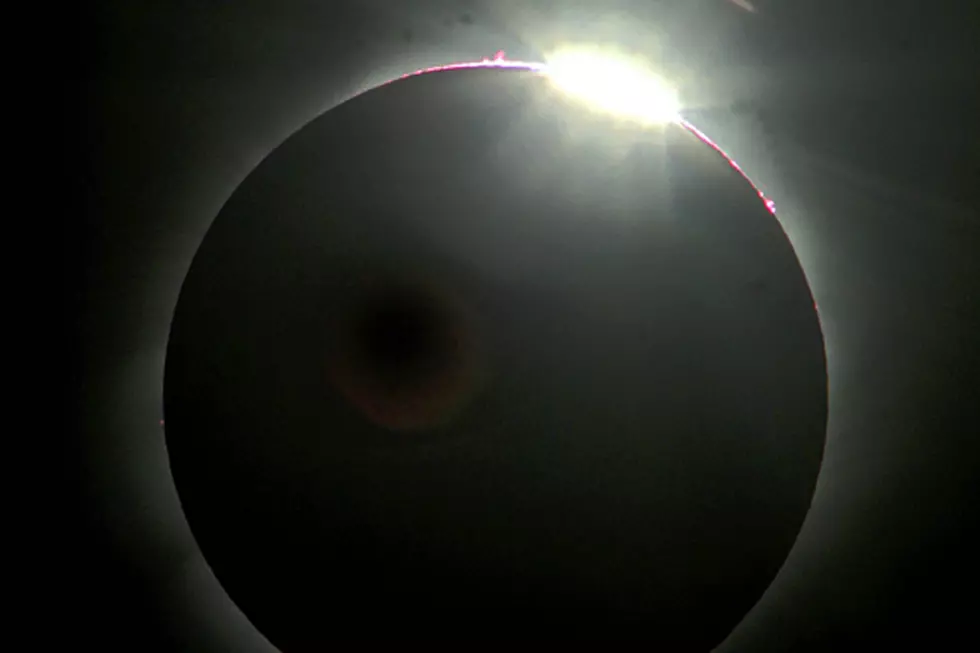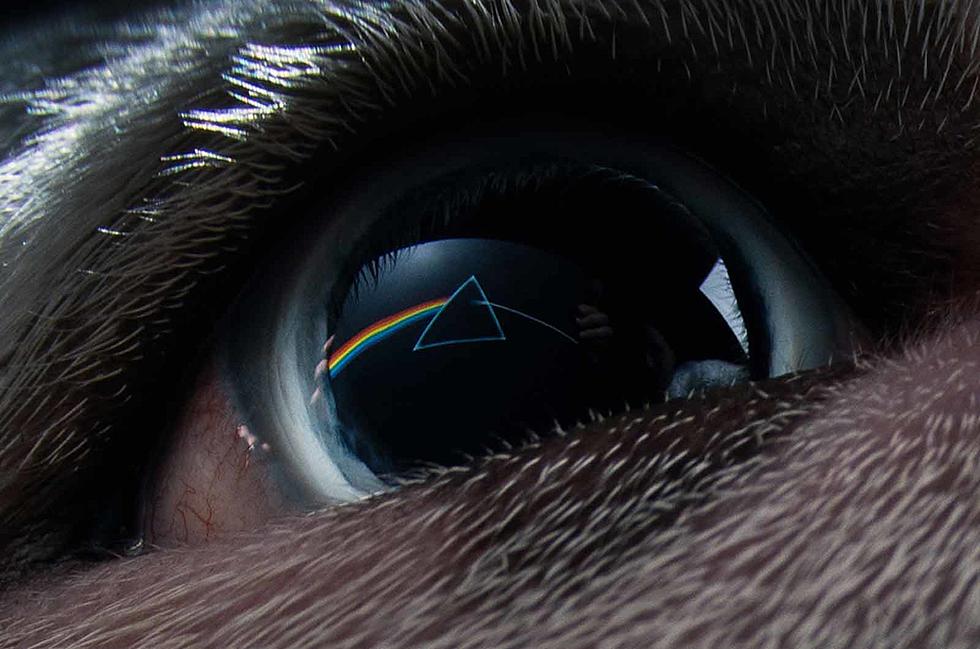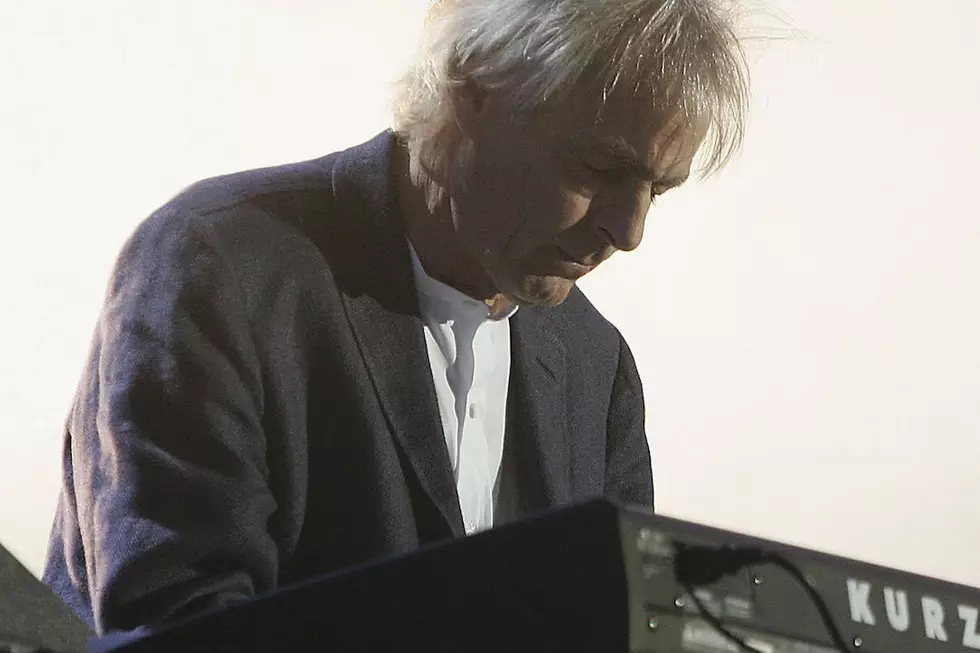
How Pink Floyd Turned a Corner With ‘Atom Heart Mother’
Pink Floyd's Atom Heart Mother marks the final signpost for a period of broad and sometimes aimless experimentation following the departure of Syd Barrett.
David Gilmour joined Pink Floyd as the band was completing its last recording with the troubled Barrett. But 1968’s Saucerful of Secrets didn’t herald a new direction. Quite the opposite, in fact. Next came 1969’s More, as Pink Floyd dabbled in short-form acoustic balladry; Ummagumma, which combined studio and live tracks, followed later that year. Atom Heart Mother, which was released on Oct. 2, 1970, included collaborations with a brass section and choir, paired with one of their most bizarre improvisational moments. Both of the latter projects concluded with a series of solo compositions.
These wildly divergent themes didn’t exactly point to the stunning successes to come with 1973's The Dark Side of the Moon. This unfocused era might be best understood over the course of Atom Heart Mother's title track here, an unwieldy six-part suite which took up all of side one. Nick Mason and Roger Waters played the entire 23-minute rhythm figure in one sitting, while the rest of Pink Floyd and orchestra arranger Ron Geesin pasted all manner of sounds on top.
Elsewhere, pastoral asides from Waters ("If") and Gilmour ("Fat Old Sun") were paired with Richard Wright's Beach Boys-inspired "Summer of '68" and a three-part album-closing conceptual piece titled "Alan's Psychedelic Breakfast." On the latter, roadie Alan Styles prepares — and then endlessly discusses — breakfast. “Breakfast in Los Angeles,” he mutters at one point, then “macrobiotic stuff.” All of this takes place as bacon sizzles and milk gets poured.
Some pieces of the group's future successes might have been in place, but Pink Floyd were clearly still struggling with ordering them into a coherent whole.
Listen to Pink Floyd Perform the Title Track from 'Atom Heart Mother'
“I think what we ended up doing in a way was going down some cul-de-sacs," Mason later admitted in a talk with Dave Kerzner. "I think Atom Heart Mother, which we’re all fond of, we think it’s interesting, it was not the route we ended up continuing down, in the same way that Ummagumma wasn’t either.”
They got there, in part, by taking a firmer control over the process. Atom Heart Mother marked Pink Floyd's last album with producer Norman Smith, who had worked with them on all of their non-soundtrack LPs to that point. Smith acted basically as a de facto member while Pink Floyd matured, having followed the far more free-form Joe Boyd – who helmed their Syd Barrett-penned debut single, “Arnold Layne.”
“Joe was terrific for us, and he produced two really good singles, and then it all went a different way,” Mason said in a bonus interview for the documentary The Pink Floyd and Syd Barrett Story. “Norman was brought in by EMI, very much to follow a more corporate approach to the whole thing. They’d seen how George Martin had worked with the Beatles, and they saw a really terrific partnership. I think they hoped to do the same sort of thing with us. They saw someone who would be part arranger, part producer and part sort of musical advisor. … Norman was good, but in a totally different way. It sort of took us down another route, for a year or two. All of these influences do sort of push bands in different ways.”
By the time Pink Floyd reconvened for work on Meddle, they had gained enough confidence to begin producing themselves. Classic-rock immortality awaited as Atom Heart Mother faded into relative obscurity.
Gilmour has revived “Fat Old Sun” on various solo tours, while Waters memorably included “If” as part of the Radio K.A.O.S. shows. Still, a general ambivalence toward the transitional Atom Heart Mother, and really all of Pink Floyd's 1969-70 efforts, clearly persists: A 1992 album-themed box set, Shine On, skipped directly from Saucerful of Secrets to Meddle.
Pink Floyd Albums Ranked
More From Ultimate Classic Rock









